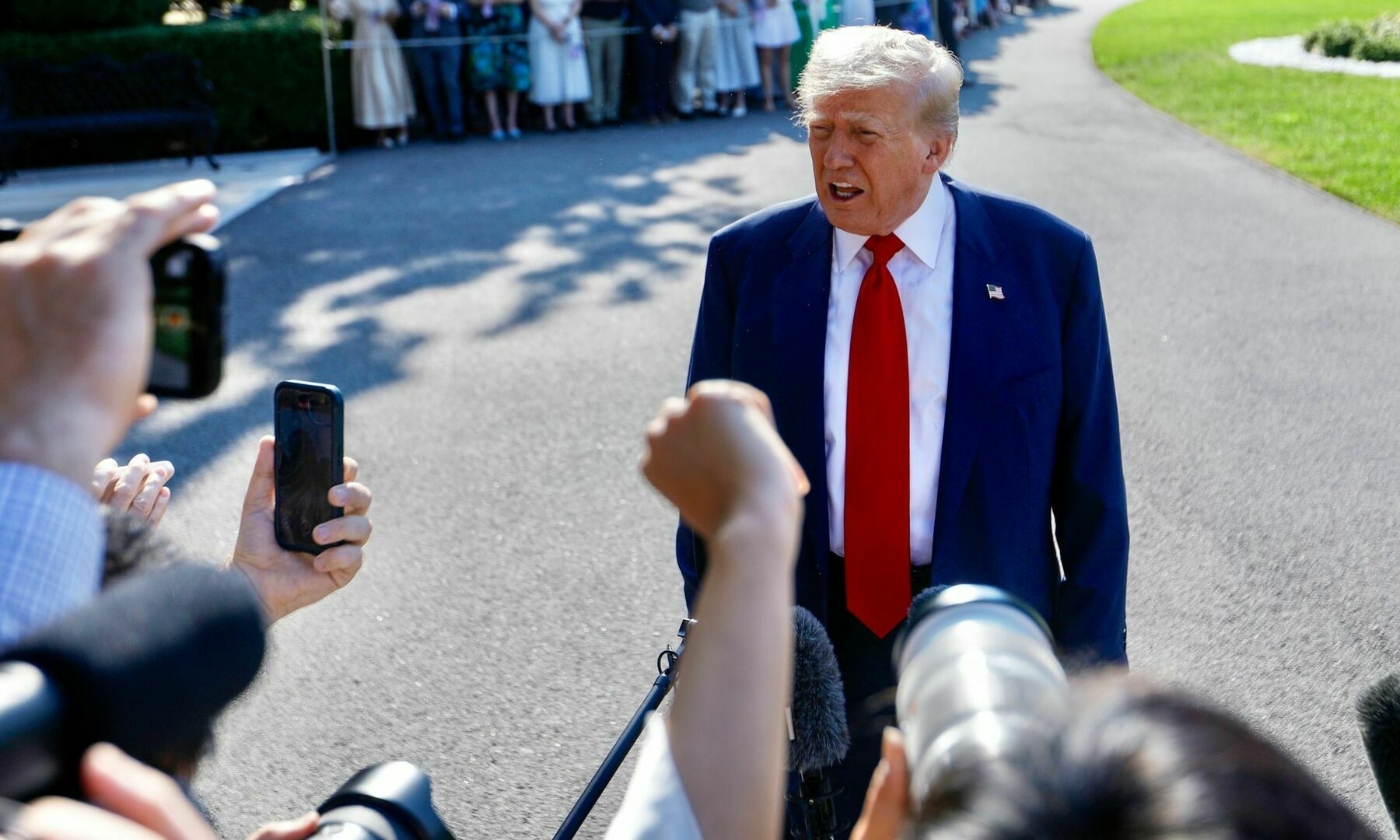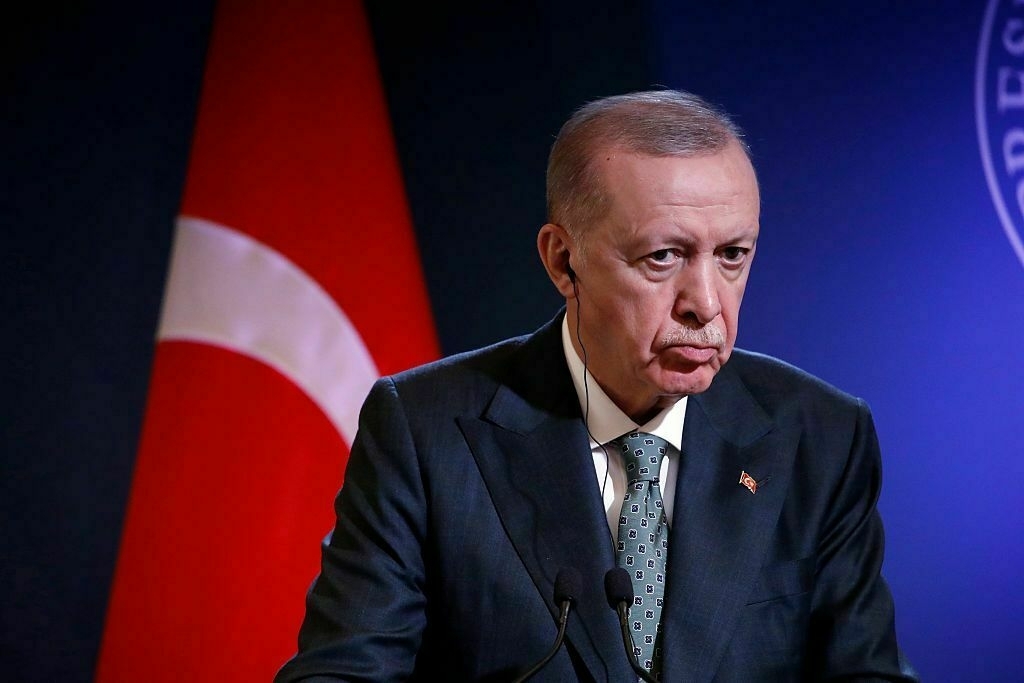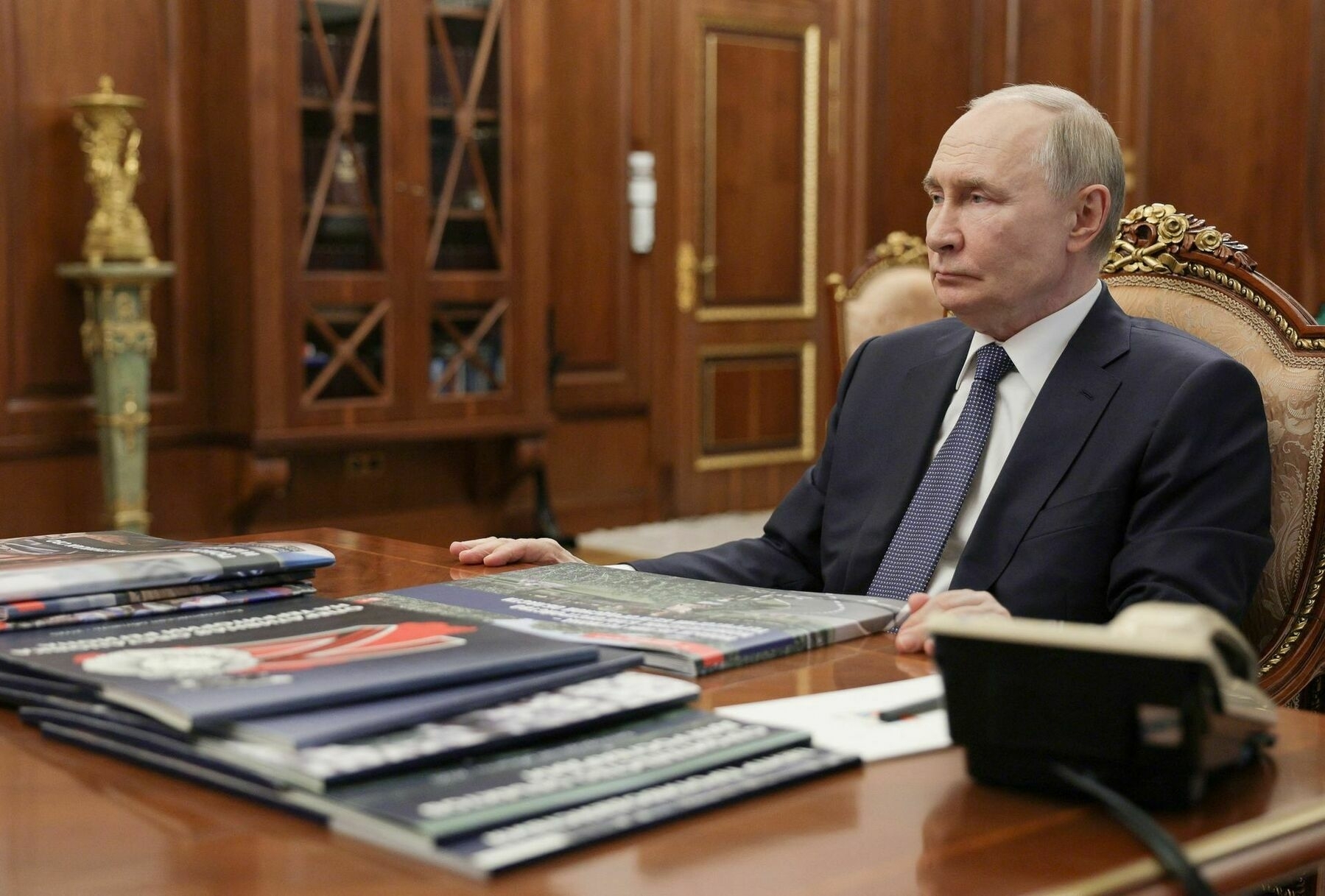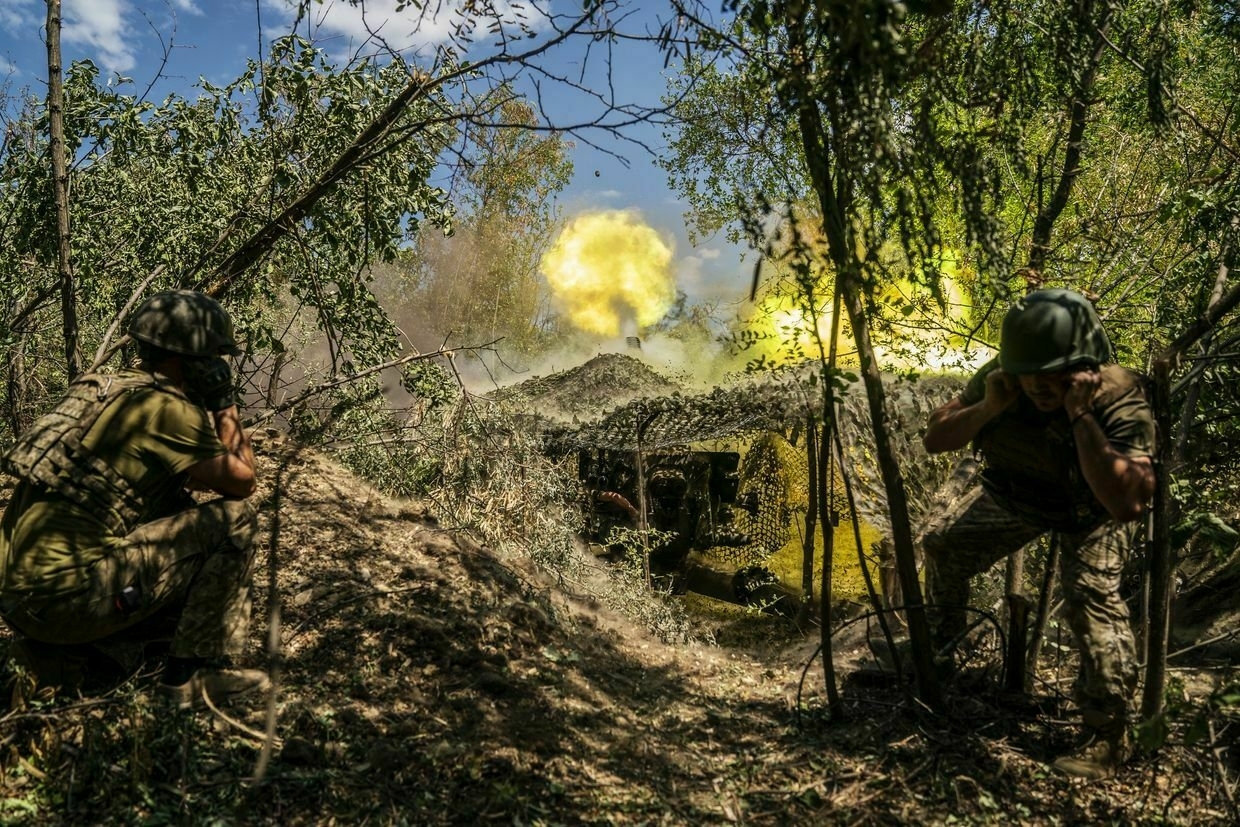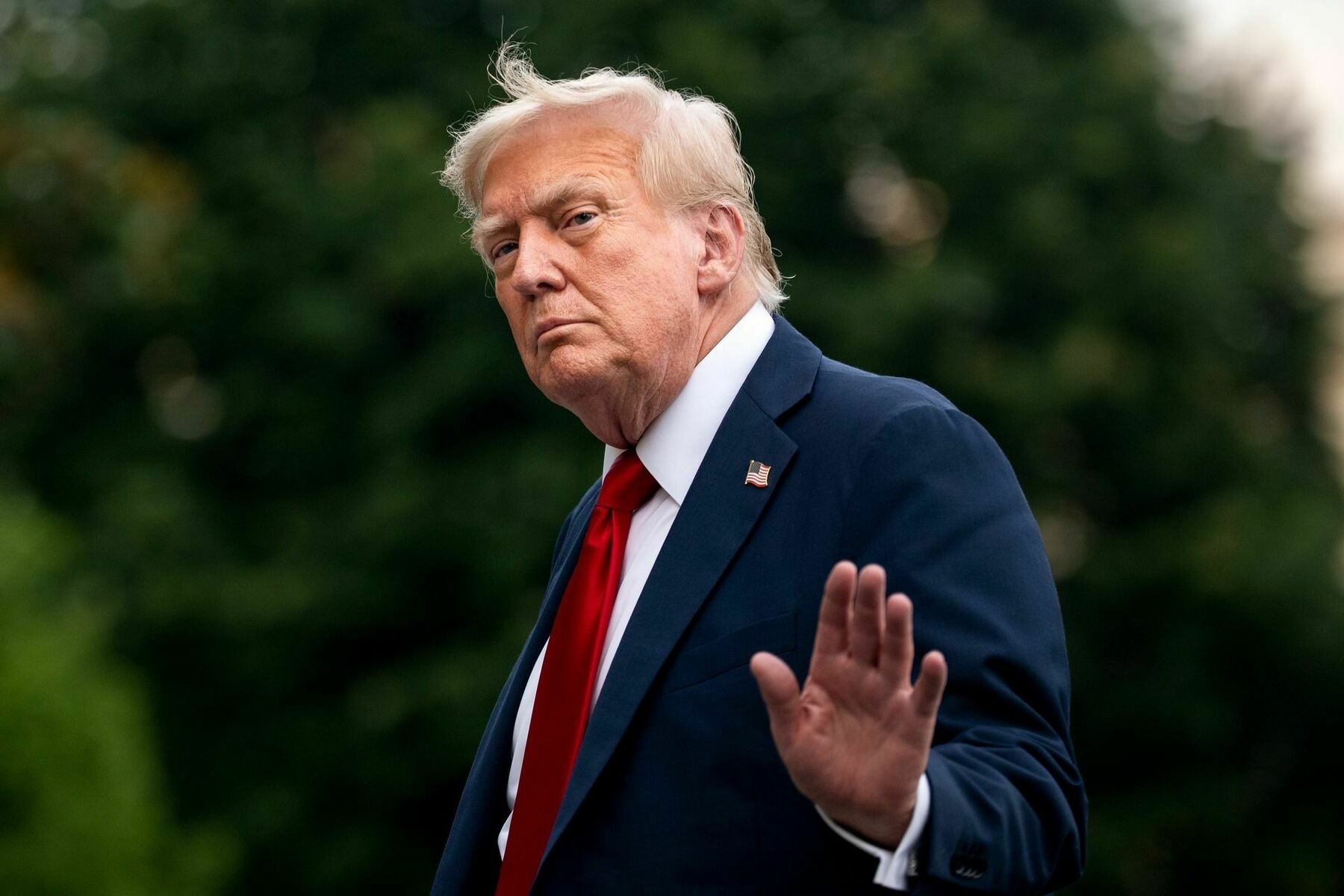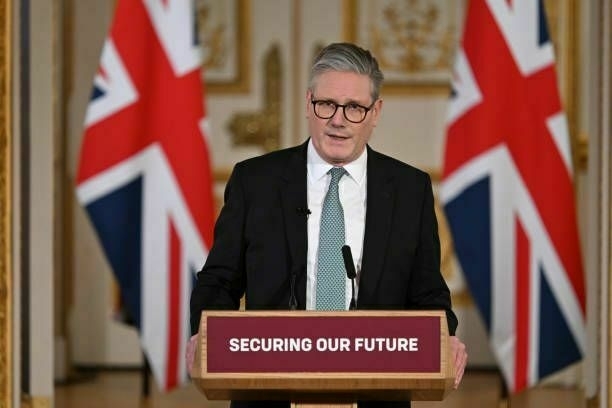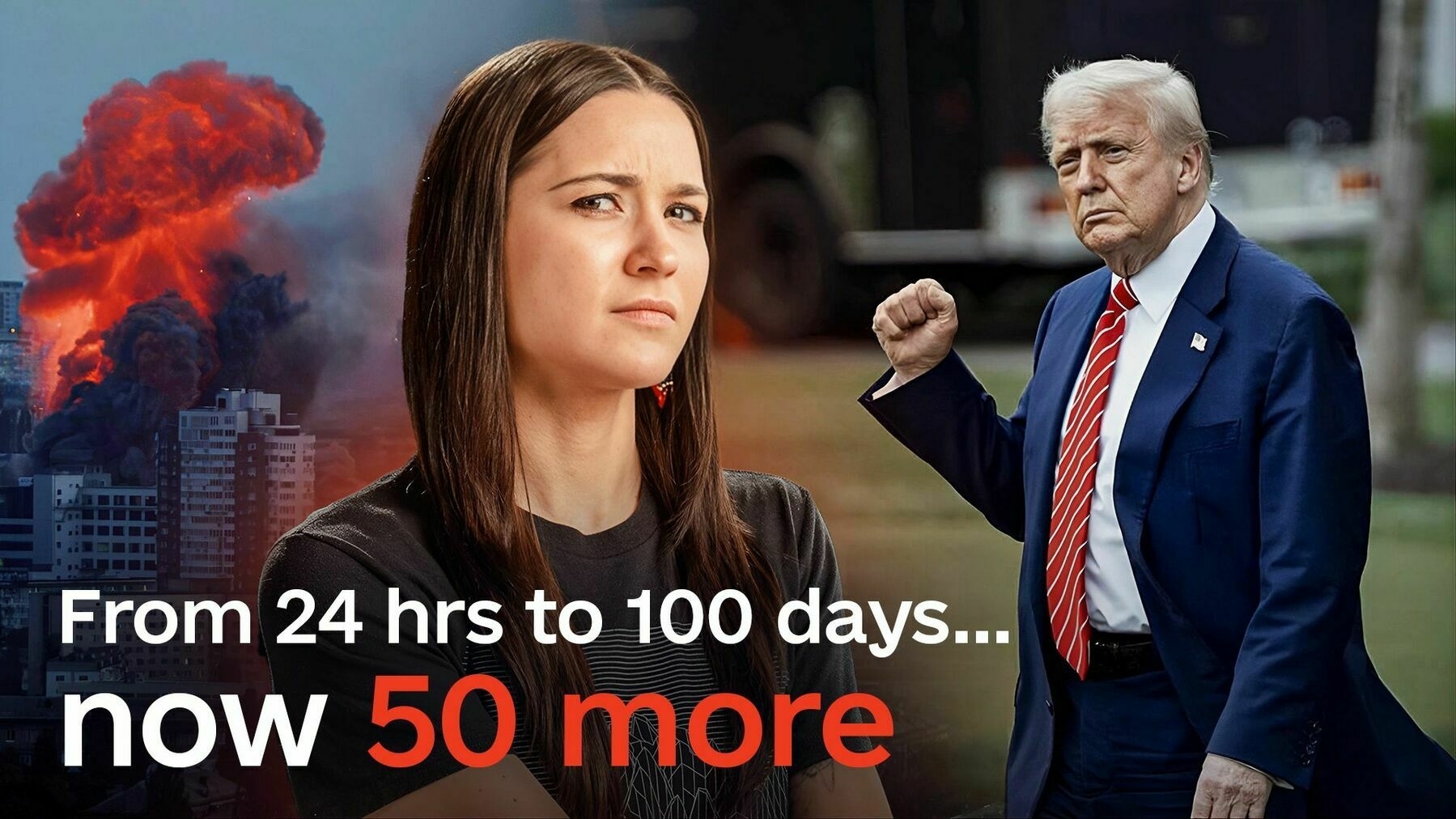-
Ukraine war latest: Ukraine wants 10 new Patriots but only has 3 secured, Zelensky says
Key developments on July 25:
- Ukraine wants 10 new Patriots but only has 3 secured, Zelensky says
- Trump suggests Russia sanctions could come sooner than 50-day deadline
- Zelensky sets 1,000-daily interceptor drones goal amid surging Russian attacks
- Musk ordered Starlink shutdown during Ukraine's 2022 Kherson counteroffensive, Reuters
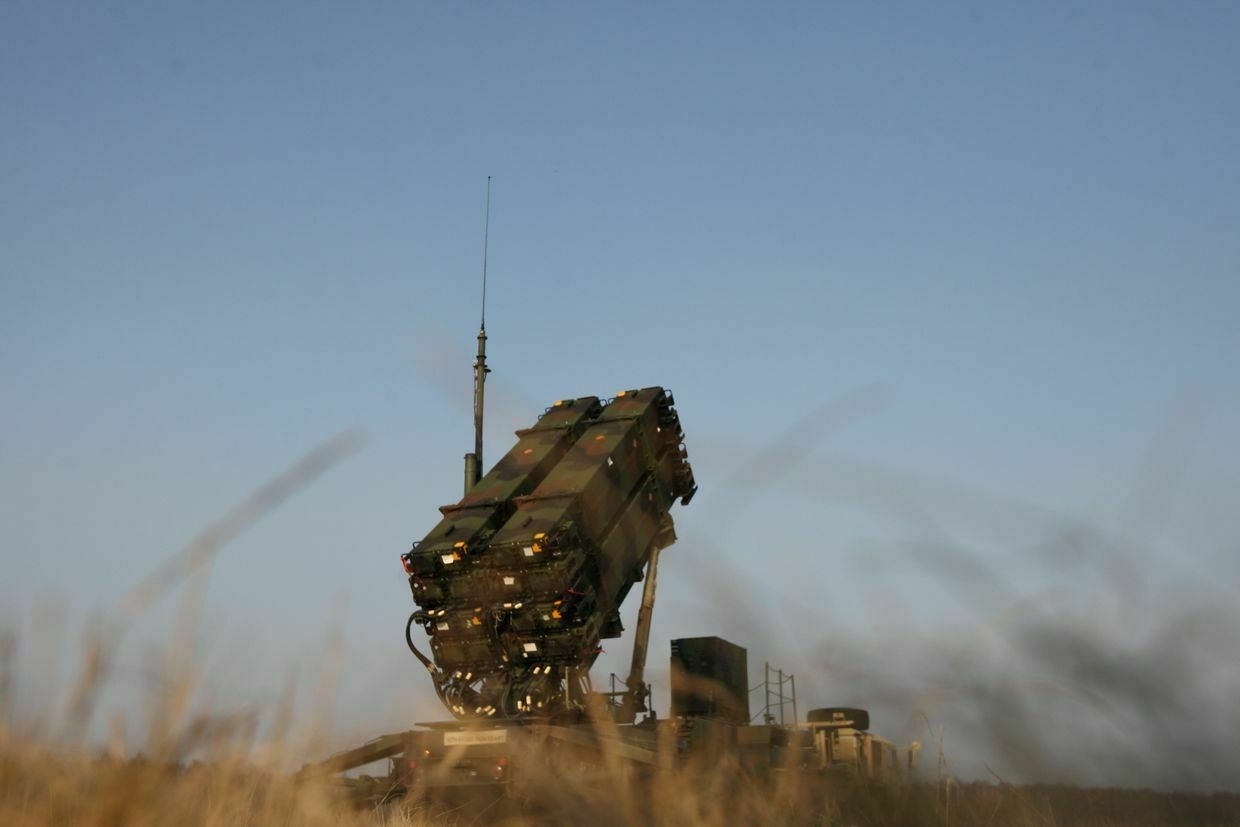
-
Trump suggests Russia sanctions could come sooner than 50-day deadline
-
Erdogan says he will speak with Trump, Putin to bring them to talks in Istanbul
-
❗️Trump pressures Putin: either peace or 100% tariffs #shorts
-
Kremlin expresses doubts over Zelensky–Putin meeting in next 30 days
-
Over 23,000 civilians, 113 children trapped in active combat zones in Donetsk Oblast, official says
-
Trump pushes, ISW analyzes: what will force Putin to sit down at the negotiating table?
-
Ukraine war latest: China covertly supplying drone engines to Russia despite sanctions, Reuters reports
Key developments on July 24:
- China covertly supplying drone engines to Russia despite sanctions, Reuters reports
- Von der Leyen urges China to press Putin to engage seriously in Ukraine-Russia peace talks
- Trump announces US-EU arms agreement including aid for Ukraine
- Russian glide bombs strike Kharkiv residential high-rise building, injuring at
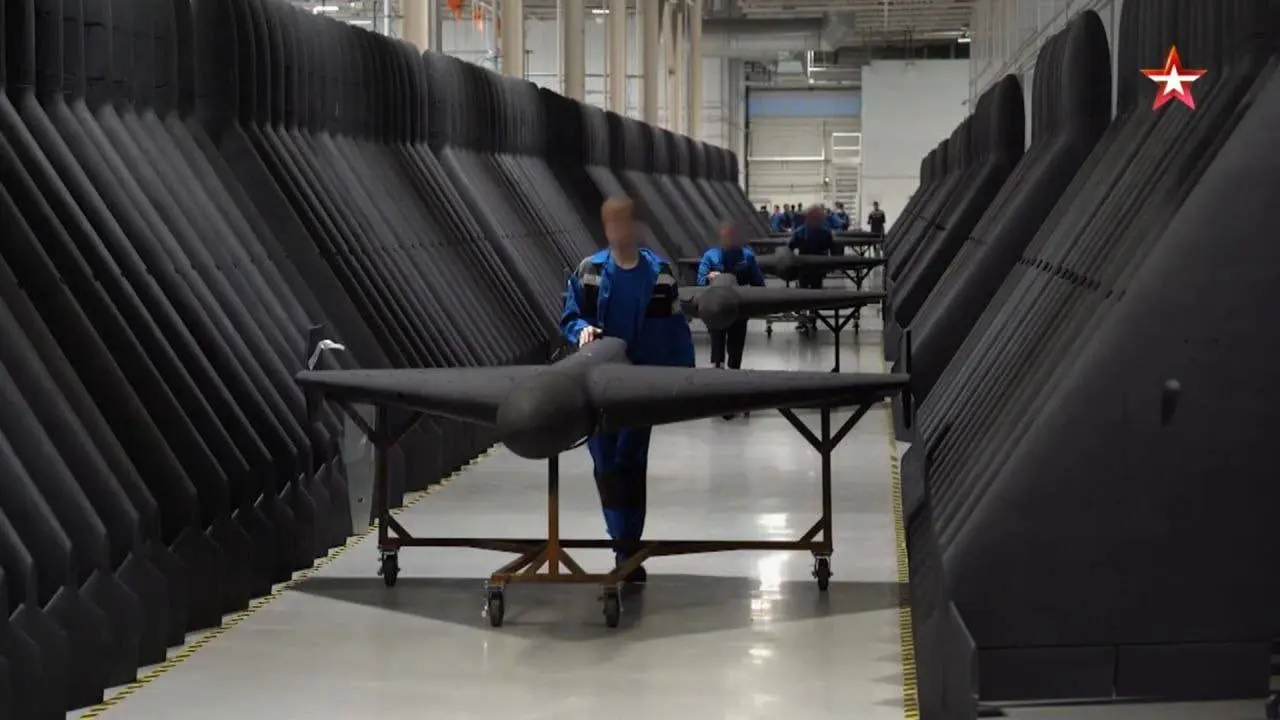
-
Kremlin indicates Putin-Zelensky meeting unlikely before August amid ongoing Russia-Ukraine negotiations
Dmitry Peskov, the spokesperson for Russian President Vladimir Putin, suggested that a meeting between Putin and Ukrainian President Volodymyr Zelensky could only occur after all necessary groundwork had been established to bring concrete results to the table. As reported by the Russian Information Agency (RIA), citing Kremlin sources, such a meeting is unlikely before the end of August.
Peskov did not offer specifics on what constitutes "all the work" or how the groundwork would be secured. Commenting on the third round of direct talks between Russian and Ukrainian delegations held previously, Peskov noted that Russia laid out a "constructive agenda aimed at substantive work, capable of delivering tangible results," according to the Interfax news agency.
During the latest round of negotiations in Istanbul, Ukraine suggested holding a high-level summit in August. This move aligns with the deadline of a 50-day window set by U.S. President Donald Trump for reaching a peace agreement in the ongoing conflict between Russia and Ukraine.
Though no major breakthroughs were anticipated from the third round of talks in Istanbul, Peskov noted a positive outlook toward the discussion of humanitarian issues. He emphasized, however, that the approaches of the two sides are "diametrically opposed" when discussing the memorandum drafts.
According to the Kremlin spokesman, the Russian proposals are "necessary and important for either side," with a mention of Russia's suggestion to establish three online-working groups for ongoing communication. "We’ll see how these proposals resonate in Kyiv," Peskov added.
In these talks, which took place on July 23, the Ukrainian delegation was led by Rustem Umerov, former Ukrainian Defense Minister and now Secretary of the National Security and Defense Council (NSDC). The Russian delegation was headed by Vladimir Medinsky, a presidential aide and author of Russian history textbooks.
Only about 40 minutes elapsed between the official start and end of the negotiations, as per the TASS news agency. The two sides reportedly agreed to prisoner exchanges of military and civilian personnel.
According to Umerov, Kyiv is prepared to enforce a ceasefire and urged Moscow to adopt a constructive approach, reported various agencies. Yet, just hours after the talks concluded, Russia launched further strikes on Ukraine, targeting locations including Odessa and Kharkiv.
The first round of talks took place on May 16 at the Dolmabahce Palace in Istanbul. During the second round on June 2, Russia and Ukraine decided to exchange severely wounded military personnel and prisoners aged up to 25, and hand over to each other 6,000 bodies of soldiers who died in the war.
-
Trump announces US-EU arms agreement including aid for Ukraine
-
Ukraine war latest: Ukraine, Russia hold third round of peace talks in Istanbul
Key developments on July 23:
- Ukraine, Russia hold third round of peace talks in Istanbul
- Ukrainian drones reportedly target key logistics hub in southwestern Russia
- Russia suffered 80,000 casualties during Kursk incursion, Ukraine's military chief says
- 'He sees Trump as emotional and susceptible to influence'
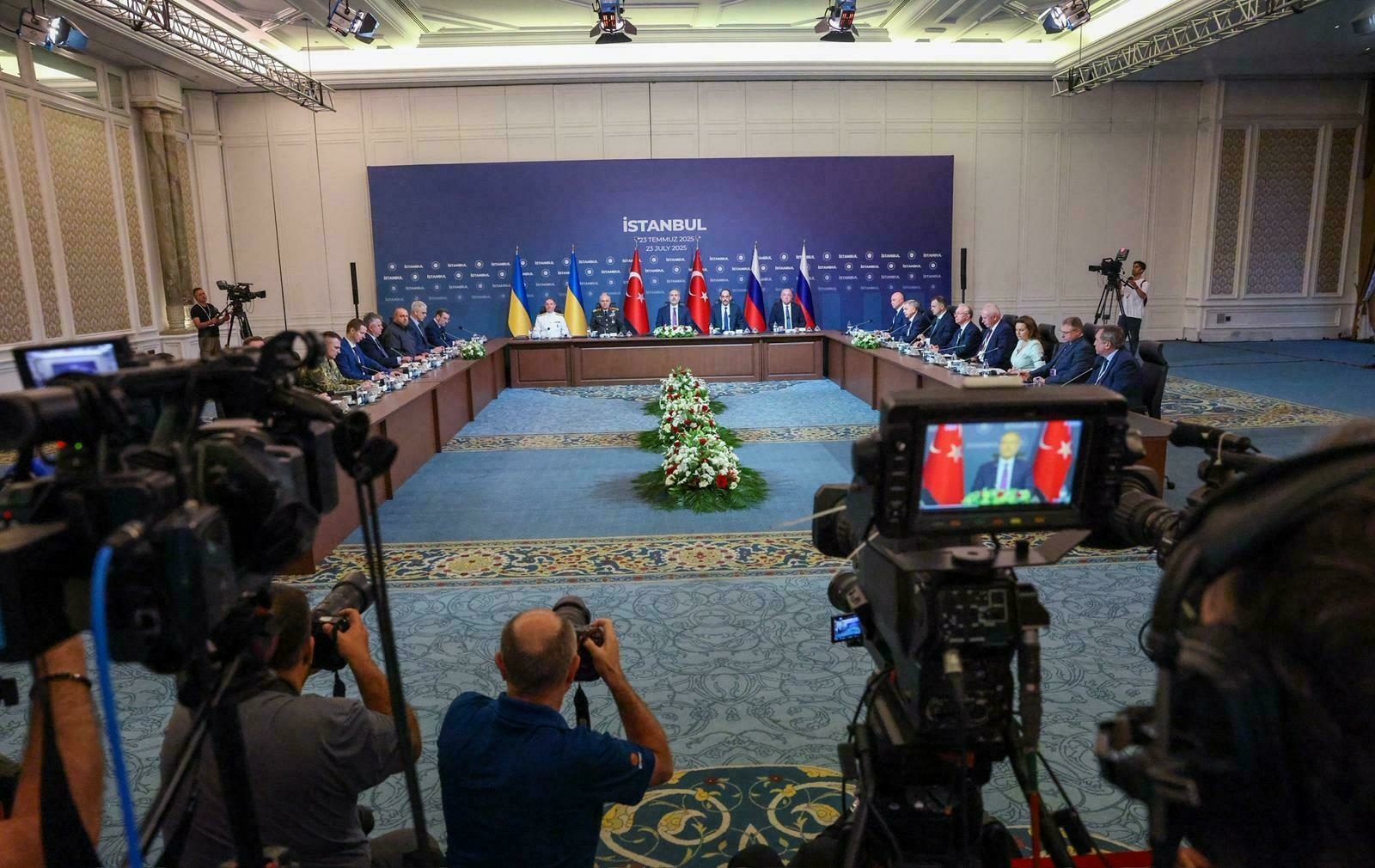
-
Has the Kremlin CRACKED? Trump’s ultimatum and new weapons for Ukraine
-
'He sees Trump as emotional and susceptible to influence' — Putin not worried about 50-day ceasefire deadline, Guardian reports
“Moscow is disappointed and upset that it didn’t work out with Trump… But whatever expectations Putin might have had for a good relationship with Trump, it was always going to come second to his maximalist goals in Ukraine. For Putin, the invasion of Ukraine is existential,” a former high-ranking Kremlin official said.
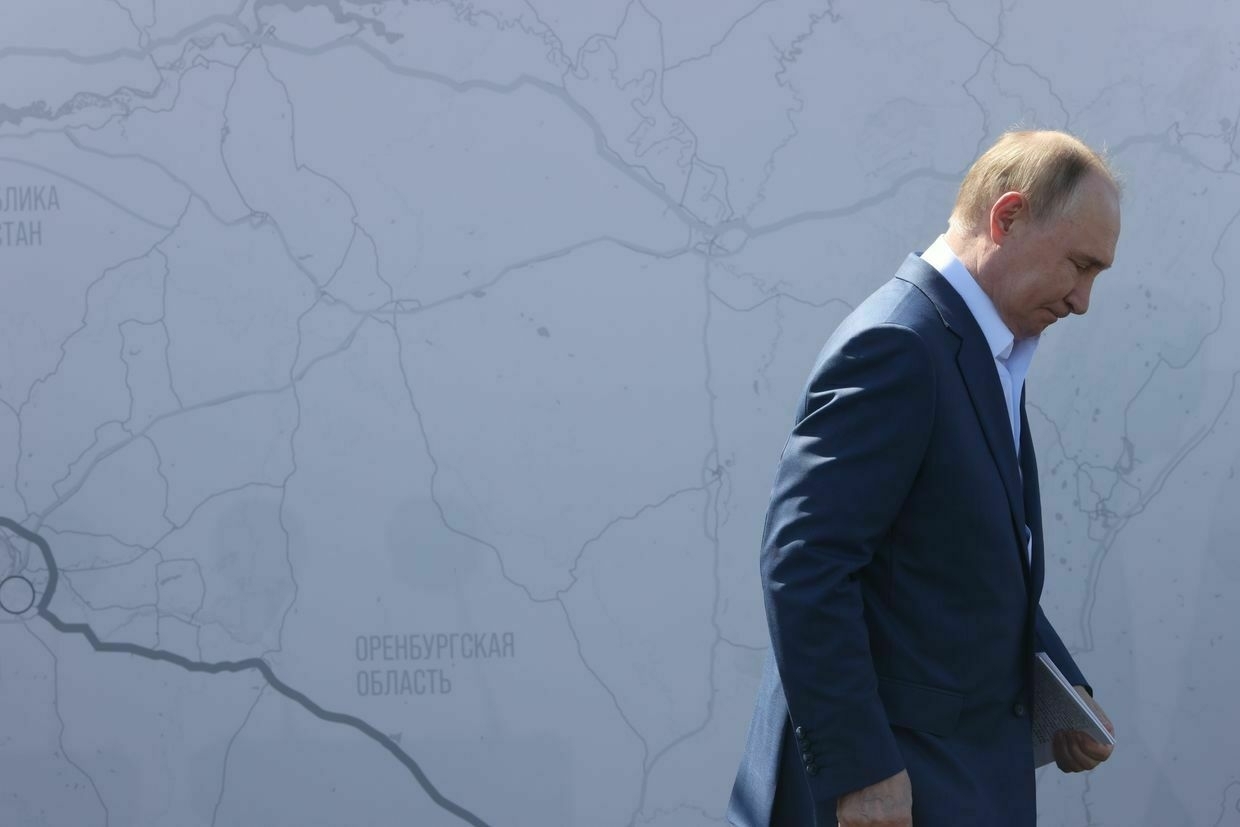
-
50 days to CEASEFIRE: 1 week after TRUMP’s ultimatum to PUTIN – what’s changed? #shorts
-
Trump’s ultimatum: the Kremlin changes its tone
-
PRESSURE ON RUSSIA: strikes in the rear and ultimatum from Trump
-
UK to pay for EU defense fund access amidst growing Russia threat, FT reports
-
Trump’s Russia ultimatum and controversial investigation | Ukraine This Week
-
This is what Ukraine could do with US Tomahawk missiles
The weapons for Ukraine rumor mill went into overdrive earlier this week when it was reported that U.S. President Donald Trump was considering supplying Kyiv with Tomahawk cruise missiles.
A day later, things reached fever pitch with reports Trump had asked President Volodymyr Zelensky if Ukraine could strike key
-
“Trump supports Ukraine — new agreements on weapons and air defense” — Zelenskyy on new deal
